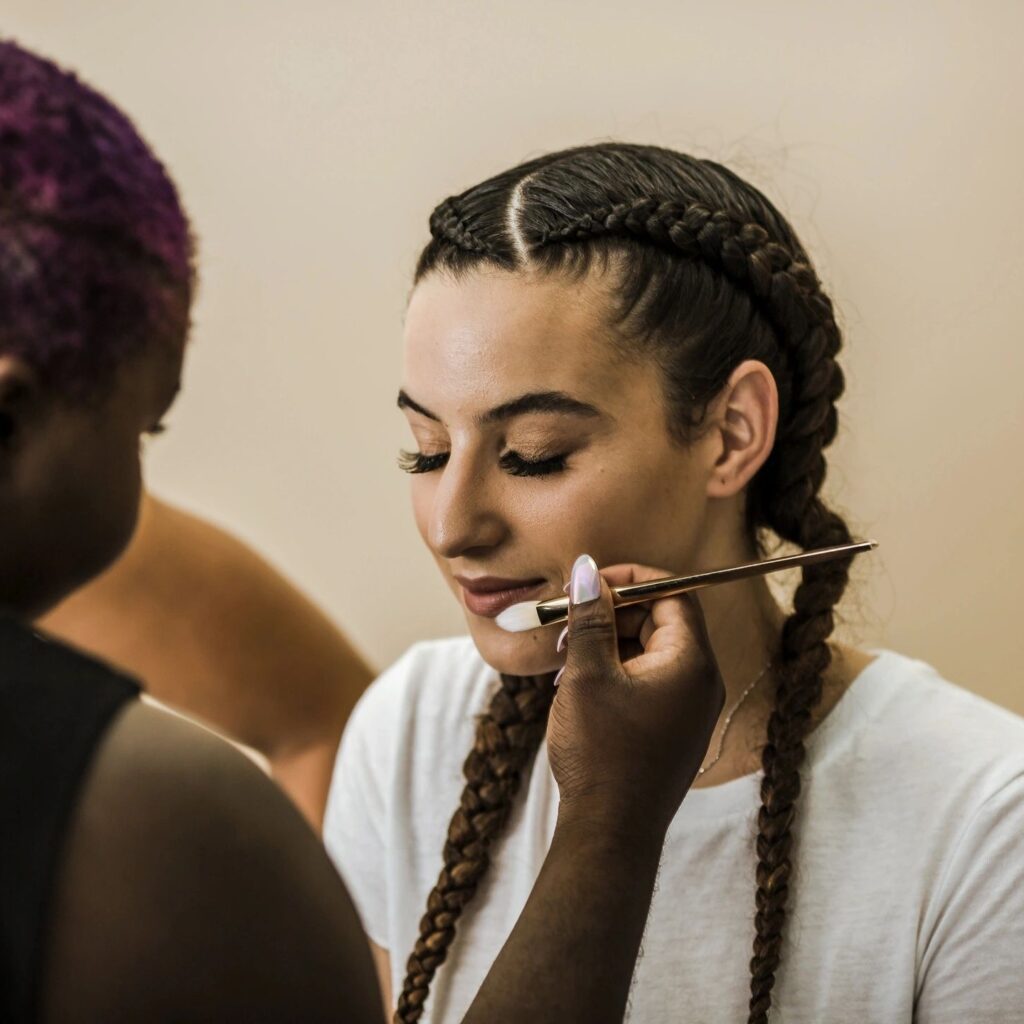
Healthy hair isn’t just about the products you apply; it’s also deeply connected to your overall nutrition. Hair, being a non-essential tissue, is often one of the first areas to suffer when your diet lacks key nutrients. Here’s a closer look at the five essential nutrients every woman should prioritize for healthier hair.
Protein: Hair is primarily composed of keratin, a type of protein, making protein the most critical nutrient for hair health. Without sufficient protein, hair becomes weak, brittle, and prone to breakage. Lean meats, fish, eggs, and plant-based options like beans and lentils are excellent sources of protein. For those who struggle to get enough protein through diet alone, protein supplements can be a helpful addition.
Iron: Iron deficiency, especially in women, is a common cause of hair loss. Iron helps red blood cells carry oxygen to your cells, including those that stimulate hair growth. Women of childbearing age are particularly prone to iron deficiency due to menstruation. Foods rich in iron include red meat, spinach, lentils, and fortified cereals. Pairing iron-rich foods with vitamin C can enhance absorption.
Vitamin C: Vitamin C is vital for the absorption of iron and is also a powerful antioxidant that protects against oxidative stress, which can damage hair follicles. Additionally, vitamin C is crucial to produce collagen, a protein that helps strengthen hair to prevent it from becoming brittle and prone to breakage. Citrus fruits, strawberries, bell peppers, and broccoli are great sources of vitamin C.
Omega-3 Fatty Acids: Found in foods like salmon, walnuts, and flaxseeds, omega-3 fatty acids are essential fats that your body cannot make on its own. Omega-3s are anti-inflammatory, and they help to nourish the hair follicles and promote hair growth. A lack of these fatty acids can lead to dry, brittle hair and a flaky scalp. Incorporating fish oil supplements can be another way to ensure you’re getting enough omega-3s.
Biotin (Vitamin B7): Biotin is a B-vitamin that plays a crucial role in hair growth. A deficiency in biotin can lead to hair thinning and loss. While biotin deficiency is rare, ensuring adequate levels can help maintain hair’s strength and thickness. Biotin is found in eggs, nuts, seeds, and sweet potatoes. Many women also take biotin supplements to boost hair health, though it’s always best to consult with a healthcare provider before starting any supplement.
Incorporating these nutrients into your daily diet through whole foods or supplements can make a noticeable difference in your hair’s health. Remember, hair health starts from the inside out, so maintaining a balanced diet rich in these key nutrients is essential for strong, shiny, and resilient hair.
Comments are closed